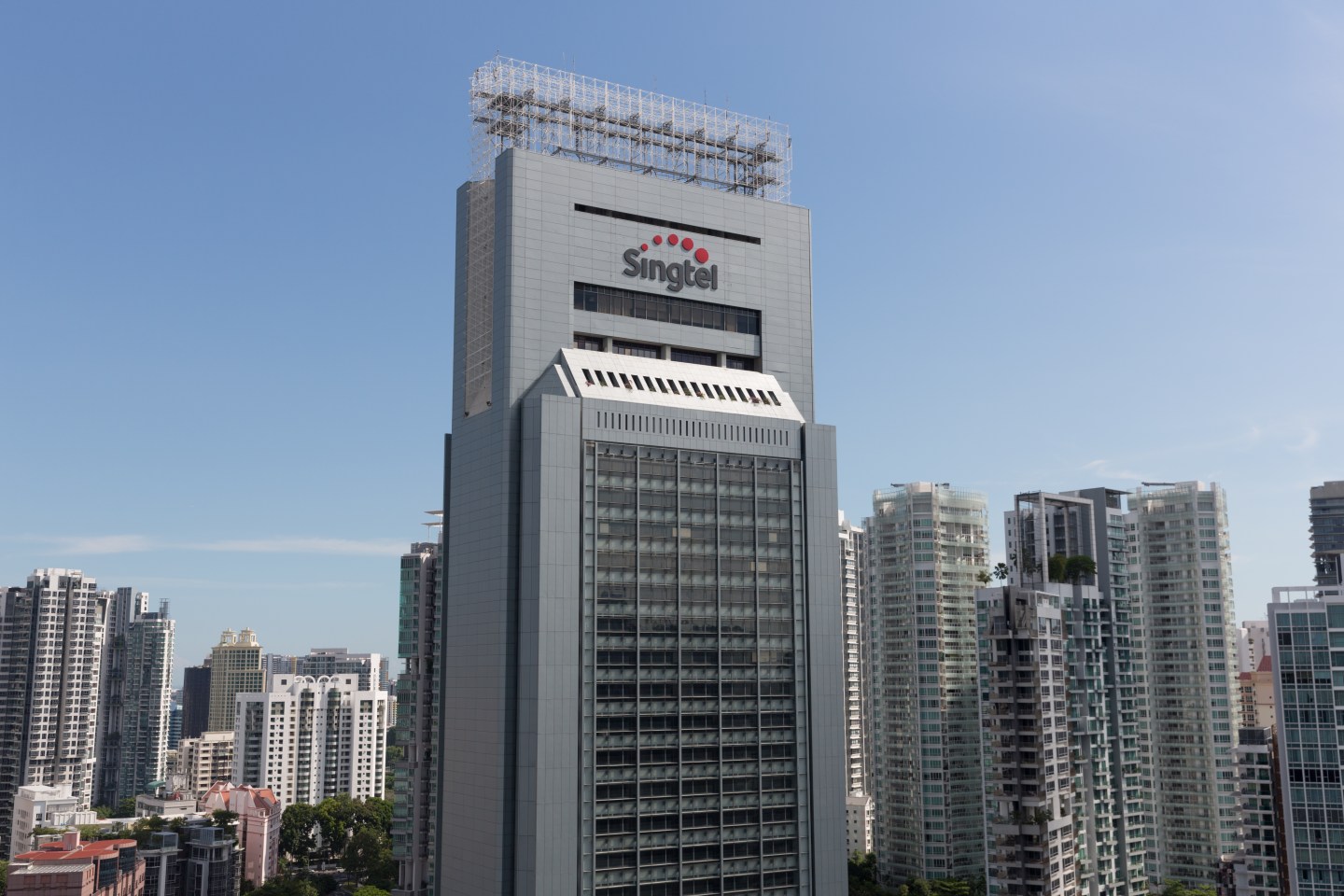Are innovation hubs built, or do they evolve out of necessity?
That’s the question facing Datuk Syed Mohamed Syed Ibrahim, president and CEO of Johor Corp. (or JCorp), the principal development institution for the Malaysian state of Johor. The area is home to a new special economic zone along the border with neighboring Singapore, hoping to tap the city-state’s capital, talent, and international connections to spur new investments in Malaysia.
“We are mindful of the fact that the critical building blocks in an innovation ecosystem are not really there in Johor,” Syed Mohamed explained during the Fortune Innovation Forum in Kuala Lumpur, Malaysia, on Monday. “But in Singapore, there are.”
Citing successful case studies like Barcelona, Shenzhen, and Silicon Valley, he identified three factors that could lay the groundwork for a successful innovation hub: physical infrastructure, an open digital infrastructure, and an institutional framework, like public-private partnerships and a regulatory sandbox.
Still, JCorp found an opportunity for Malaysia and Singapore to work together. “While Johor offers land and scale, Singapore offers capital and speed. So this is the opportunity that I feel we need to capitalize [on], where we can complement each other,” Syed Mohamed explained.
JCorp’s flagship project is the Ibrahim Technopolis, a strategic development under JLand Group, JCorp’s real estate arm. IBTEC has a gross development value of 27 billion Malaysian ringgit ($6.5 billion), and hopes to leverage the exponential growth potential of the Johor-Singapore Special Economic Zone, which Malaysia and Singapore agreed to early this year.
“In IBTEC, there is a big playground, so to speak, not just for industry, but for innovators,” he said.
Syed Mohamed has high hopes for IBTEC, which covers almost 7,300 acres in the state of Johor. “In five years, IBTEC is going to be a place where researchers, global firms, and universities work together with industries to tackle the challenges of food security, green energy, and [a] digital future,” he proposed. “In 10 years’ time, IBTEC is going to migrate, not just to become an innovation hub, but a thriving innovation corridor.”
Still, innovation isn’t a costless process, as companies and workers may get disrupted out of a job.
“Disruption is inevitable when we talk about the dynamics of economic growth, but we feel we should be more humane,” Syed Mohamed said. “I would, in fact, prefer at JCorp that we call it creative renewal, because as we disrupt, we have to make sure that, in fact, there is still an opportunity for those that are going to be disrupted.”
In particular, JCorp also hopes to tap the booming data center industry, in turn connected to rising digitalization and AI usage across the region and beyond. Malaysia has attracted billions in data center investment from Big Tech companies like Microsoft, who hope to tap the country’s ample space and relatively more abundant resources.
“We’ll be working with partners to provide courses in data center management,” Syed Mohamed said. “We will be moving towards creative renewal.”












